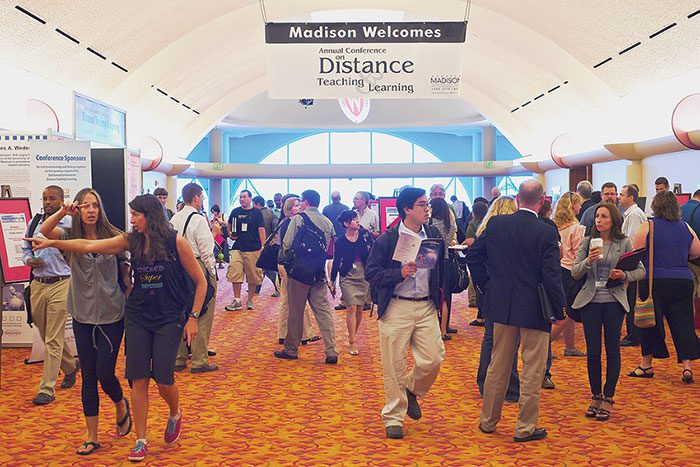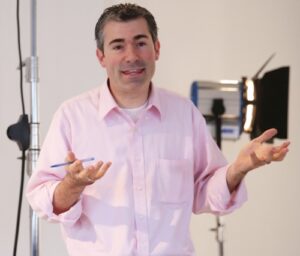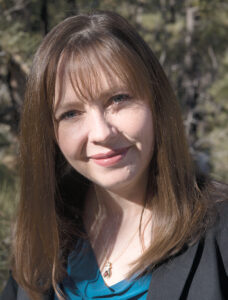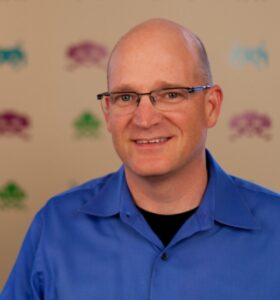
In an era of accelerating changes in technology, what is the best way to approach teaching and learning? How can educators effectively engage students outside of a traditional classroom setting?

The University of Wisconsin-Madison’s Distance Teaching & Learning Conference will address these and other questions about the future of education on August 9-11 at Monona Terrace Community and Convention Center.
Drawing on current research, the conference will explore technology-enabled teaching environments, including virtual reality and multimedia. Close to a thousand college administrators, faculty, instructional designers, technology support staff, K-12 teachers, and corporate and military trainers will learn innovative techniques that advance their practice.

“The Distance Teaching & Learning Conference will help shape the future of education, giving participants new strategies for a digitally immersed world,” says Jeffrey S. Russell, dean of UW-Madison’s Division of Continuing Studies and vice provost for Lifelong Learning. “They will explore state-of-the-art teaching practices that improve outcomes for learners.”

An immersive experience
The conference features 130 sessions with national leaders such as:
- Richard Culatta, former director of the Office of Educational Technology for the U.S. Department of Education, who will discuss new frontiers in educational technology
- Karl Kapp, assistant director at the Institute for Interactive Technologies, who will explore novel ideas for learner engagement
- Michelle Miller, professor of psychological sciences at Northern Arizona University, who will explain how cognitive, brain, and learning sciences can improve online education.

“This year’s conference provides up-to-date research in distance teaching and learning, as well as ideas for translating that research into practice,” says director Les Howles. “It will be an immersive experience, allowing participants to customize their schedules, collaborate with colleagues, and solve real-world problems.”
For more than a century, UW-Madison has been at the forefront of distance education. The university offered the world’s first correspondence course in 1891 and began broadcasting classes for adult learners on WHA radio in 1922. Today, the Distance Teaching & Learning Conference is one of Wisconsin’s largest educational conferences, attracting participants from the state and across the country.
In a partnership with the Wisconsin Department of Instruction (DPI), the 2016 conference offers discounted one-day registration for Wisconsin’s K-12 educators. In special sessions, they can explore the digital future of state schools with keynote speaker Culatta; open education expert Nicole Allen; and Janice Mertes, DPI’s assistant director for digital learning.
For more information about the Distance Teaching & Learning Conference, see here or contact Les Howles, les.howles@wisc.edu, 608-265-9753.